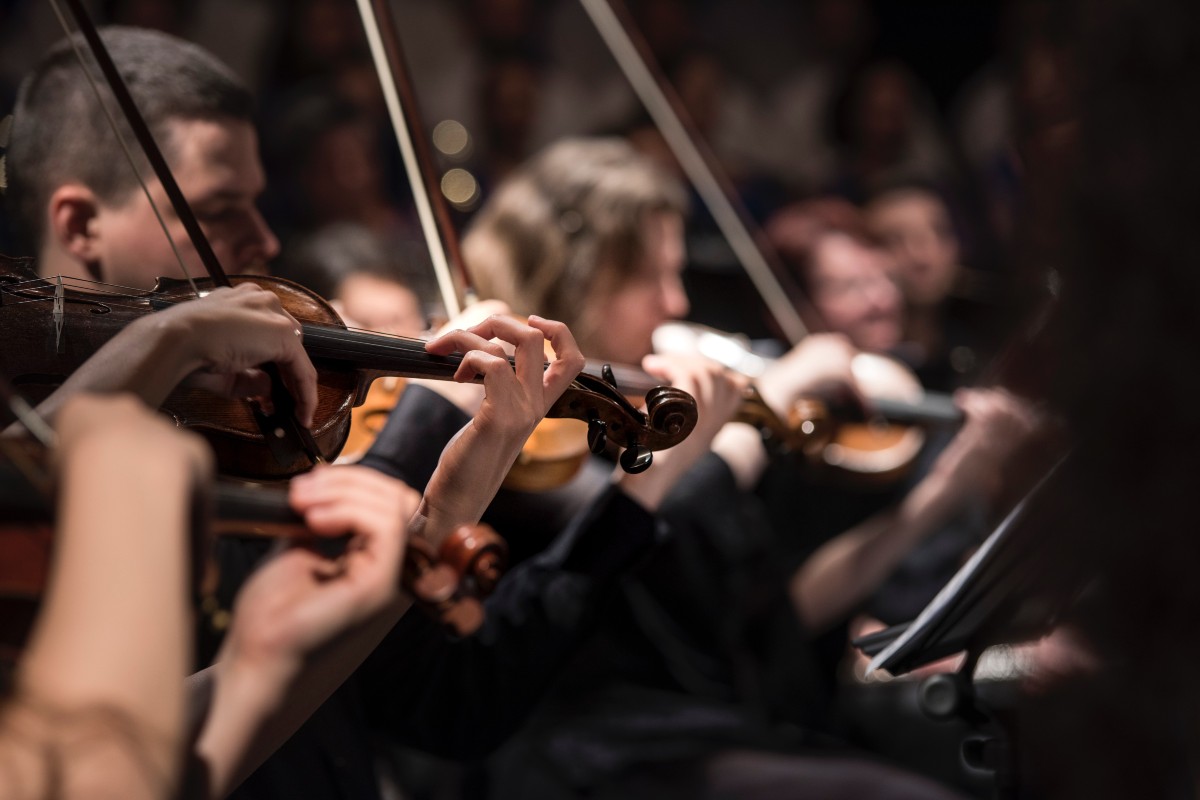
A new study by UAlberta psychologists is examining the link between music and memory. Photo credit: Unsplash
Musicians have stronger, more integrated memories for motor, visual, and verbal information than non-musicians, according to new research by University of Alberta scientists.
“Learning to play music may change how individuals process information,” said Elena Nicoladis, professor in the Faculty of Science Department of Psychology and co-author on the study. “By studying how musicians recall non-musical information, we’ve learned that musical training may have changed the very structure of how things are remembered.”
The study examined how musicians and non-musicians remembered three types of information: visual-spatial, such as the location of squares touched by an experimenter; auditory, such as a series of numbers; and motor memory, such as the movements made by others.
“Specifically, the musicians’ ability to remember the movements of another person was strong and also separate from how they remembered their own movements,” explained Nicoladis, who runs the Gesture and Language Development Lab in the Faculty of Science. “The way that musicians remembered information showed that visual and motor information were more integrated than for non-musicians.”
And it is easy to speculate about the reasons behind this specialized memory in musicians. “It makes sense,” added Nicoladis. “As you’re learning to read music, you need to learn to identify the notes and understand how those notes correlate with the sound your instrument makes. With regard to memory for the movements made by others, musicians must also specialize in reading the movements of a conductor or instructor.”
These results align with previous neuroscience research, which shows that learning to play music changes how individuals process information, including stronger connectivity between different areas of the brain—particularly areas that are responsible for processing auditory, motor, and visual information.
This research was led by undergraduate student Rielle Gagnon, who graduated with her bachelor of science degree in 2019.
The paper, “Musicians show greater cross-modal integration, intermodal integration, and specialization in working memory than non-musicians,” was published in Psychology of Music (doi: 10.1177/0305735619896088).